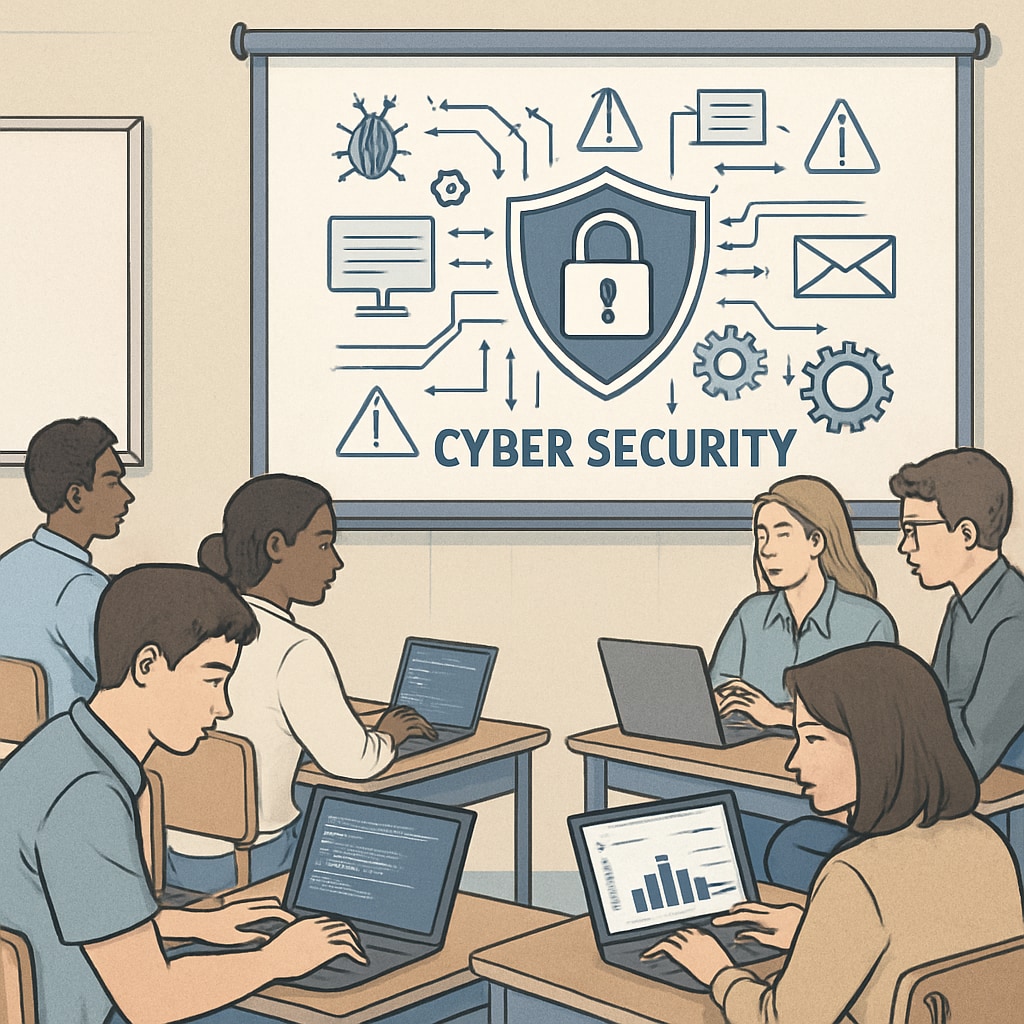The connection between university reputation, employment opportunities, and cybersecurity has sparked significant debate among students, professionals, and hiring managers. While a prestigious university brand may open doors, the cybersecurity industry places increasing emphasis on skills and problem-solving abilities. This article examines the true weight of university reputation, the essential attributes employers seek, and effective strategies for students to thrive regardless of their alma mater.
Does University Reputation Truly Define Career Success?
It’s undeniable that a university’s reputation can initially attract recruiters. Elite institutions often boast substantial networking opportunities, alumni connections, and access to resources. However, in the field of cybersecurity—a domain constantly adapting to new threats and technologies—employers prioritize practical expertise over academic prestige.
For example, studies show that hiring managers often favor candidates with hands-on experience, certifications such as CompTIA Security+ or Certified Information Systems Security Professional (CISSP), and proven problem-solving capabilities. While graduating from a top-tier university might help secure an interview, succeeding in the cybersecurity job market ultimately hinges on technical skills and adaptability.

The Core Competencies Employers Seek in Cybersecurity Professionals
To understand the balance between university branding and professional skills, it’s critical to explore the competencies valued by employers in cybersecurity:
- Technical Expertise: Proficiency in areas like network security, vulnerability assessment, and ethical hacking is fundamental.
- Certifications: Industry-recognized credentials such as CISSP, CEH (Certified Ethical Hacker), or CompTIA Security+ often outweigh educational background.
- Problem-Solving Skills: The ability to identify, analyze, and mitigate security threats is paramount.
- Adaptability: As cybersecurity evolves rapidly, professionals must stay updated on emerging threats and technologies.
- Soft Skills: Communication and teamwork are essential for collaborating within organizations and explaining technical concepts to non-specialists.
Employers increasingly recognize that these skills can be acquired outside traditional academic environments, such as through bootcamps, online courses, or real-world experience.

Strategies to Succeed Beyond University Branding
Whether you graduated from a renowned institution or a lesser-known university, there are actionable steps to enhance your employability in cybersecurity:
- Earn Relevant Certifications: Certifications demonstrate your expertise and commitment to the field. Platforms like ISC2 and CompTIA offer highly respected programs.
- Build a Portfolio: Showcase your practical skills by contributing to open-source projects, participating in hackathons, or developing security tools.
- Gain Real-World Experience: Internships, freelance projects, and volunteering for cybersecurity initiatives can help you stand out to employers.
- Stay Updated: Follow cybersecurity news, attend industry conferences, and join professional communities to stay informed about trends and threats.
- Network Effectively: Connect with professionals on LinkedIn, attend events, and leverage alumni networks to discover job opportunities and mentorship.
These strategies not only enhance your technical skillset but also demonstrate your proactive attitude and passion for cybersecurity—qualities that employers highly value.
The Future of Hiring in Cybersecurity
As the demand for cybersecurity professionals grows, hiring practices may continue to shift. Increasingly, companies are adopting skills-based hiring models, focusing less on academic pedigree and more on demonstrated expertise. Platforms like LinkedIn Learning and GitHub have become critical tools for showcasing abilities and connecting with potential employers.
In addition, advancements in artificial intelligence (AI) and machine learning (ML) are changing the landscape of cybersecurity. Professionals equipped with knowledge of AI-driven security tools and data analytics are likely to have a competitive edge.
Ultimately, while university reputation can be an asset, it is not the sole determinant of success in cybersecurity careers. By acquiring the right skills, certifications, and experience, professionals from diverse educational backgrounds can excel in this dynamic field.
Conclusion: While university branding may provide initial advantages, the cybersecurity job market rewards those who demonstrate technical expertise, adaptability, and real-world problem-solving skills. By focusing on continuous learning and practical experience, students and professionals can overcome any limitations tied to their alma mater and achieve lasting career success.


